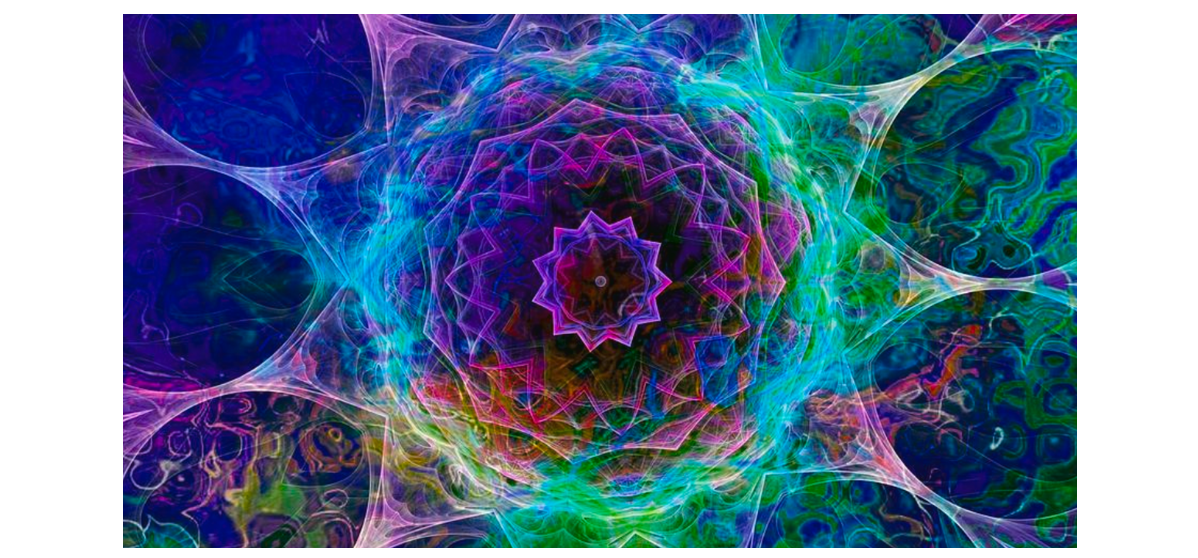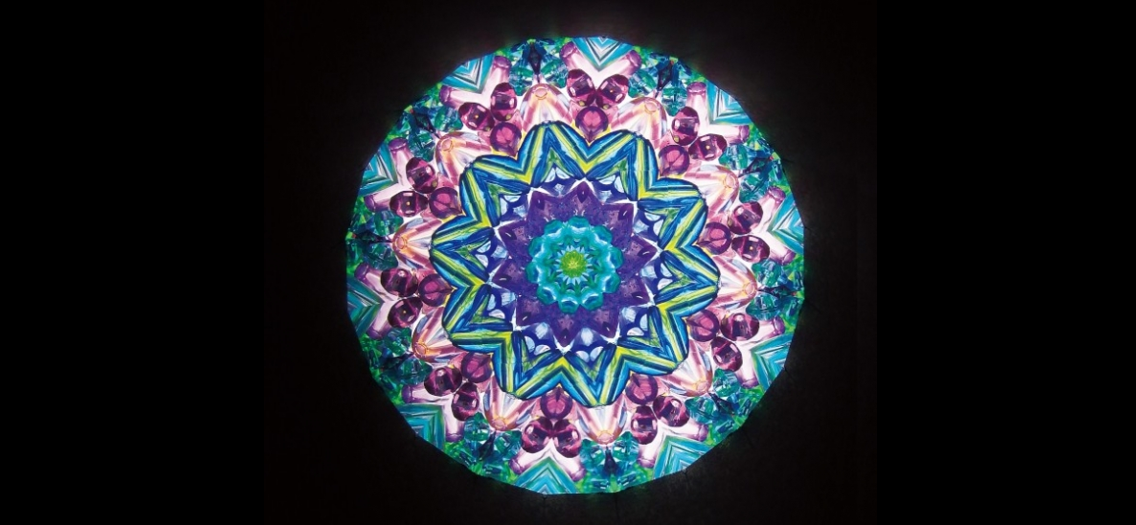每日外闻63
这篇文章很长,分为几段来阅读
How Resilience Works 6
Ritualized Ingenuity 2
Bricolage can be practiced on a higher level as well. Richard Feynman, winner of the 1965 Nobel Prize in physics, exemplified what I like to think of as intellectual bricolage. Out of pure curiosity, Feynman made himself an expert on cracking safes, not only looking at the mechanics of safecracking but also cobbling together psychological insights about people who used safes and set the locks. He cracked many of the safes at Los Alamos, for instance, because he guessed that theoretical physicists would not set the locks with random code numbers they might forget but would instead use a sequence with mathematical significance. It turned out that the three safes containing all the secrets to the atomic bomb were set to the same mathematical constant, e, whose first six digits are 2.71828.
Resilient organizations are stuffed with bricoleurs, though not all of them, of course, are Richard Feynmans. Indeed, companies that survive regard improvisation as a core skill. Consider UPS, which empowers its drivers to do whatever it takes to deliver packages on time. Says CEO Eskew: “We tell our employees to get the job done. If that means they need to improvise, they improvise. Otherwise we just couldn’t do what we do every day. Just think what can go wrong: a busted traffic light, a flat tire, a bridge washed out. If a snowstorm hits Louisville tonight, a group of people will sit together and discuss how to handle the problem. Nobody tells them to do that. They come together because it’s our tradition to do so.”
That tradition meant that the company was delivering parcels in southeast Florida just one day after Hurricane Andrew devastated the region in 1992, causing billions of dollars in damage. Many people were living in their cars because their homes had been destroyed, yet UPS drivers and managers sorted packages at a diversion site and made deliveries even to those who were stranded in their cars. It was largely UPS’s improvisational skills that enabled it to keep functioning after the catastrophic hit. And the fact that the company continued on gave others a sense of purpose or meaning amid the chaos.
Improvisation of the sort practiced by UPS, however, is a far cry from unbridled creativity. Indeed, much like the military, UPS lives on rules and regulations. As Eskew says: “Drivers always put their keys in the same place. They close the doors the same way. They wear their uniforms the same way. We are a company of precision.” He believes that although they may seem stifling, UPS’s rules were what allowed the company to bounce back immediately after Hurricane Andrew, for they enabled people to focus on the one or two fixes they needed to make in order to keep going.
灵活变通 2
Bricolage(用手头现有的材料创作)也可以在更高的层次上进行。理查德·费曼(Richard Feynman)是1965年诺贝尔物理学奖得主。出于纯粹的好奇心,费曼把自己打造成了撬保险柜的专家,他不仅研究了撬保险柜的技巧,还对使用保险柜和设置密码锁的人进行了心理分析。例如,他破解了洛斯阿拉莫斯的许多保险柜,因为他猜测,理论物理学家不会用他们可能忘记的随机码来设置保险柜的锁,而是会使用一个具有数学意义的数字序列。结果发现,装有原子弹所有秘密的三个保险柜被设置成了前六位数字是2.71828的相同的数学常数e。
复原力强的组织里塞满了bricoleurs(用手头现有的材料创作的人),当然,并不是所有人都是理查德·费曼斯。幸存下来的公司将甚至即兴创作视为一项核心技能。以UPS为例,该公司授权其司机尽其所能按时递送包裹。CEO Eskew说:“我们告诉我们的员工去完成工作。如果这意味着他们需要即兴发挥,他们就即兴发挥。否则我们就不能完成我们每天做的事。送快递的过程中会出现很多意外的问题,比如:交通信号灯坏了、轮胎没气了、桥梁被洪水冲垮了等等。如果今晚路易斯维尔有暴风雪,一群人将坐在一起讨论如何处理这个问题。没有人告诉他们这样做。他们聚在一起讨论是因为这样做是我们的传统。”
在1992年安德鲁飓风摧毁佛罗里达州东南部地区、造成数十亿美元损失后的第二天,该公司就可以开始在该地区投递包裹-因为该公司拥有“复原力”的传统。许多人住在自己的车里,因为他们的家被毁了,然而UPS的司机和管理人员还可以在一个转运站整理包裹,甚至给那些被困在车里的人送快递。很大程度上是UPS的随机应变使使其在遭受灾难性打击后仍能正常运转。而这家公司继续运营的事实,让其他处在混乱中的人体会到了这家公司的使命感或意义感。
然而,UPS的那种随机应变或者灵活变通,与无拘无束的创造力相距甚远。实际上,UPS更像是靠像军队一样的规章制度生存的。正如Eskew所说:“司机们总是把他们的钥匙放在同一个地方。他们关门的方式是一样的。他们穿制服的方式是一样的。我们是一家‘精准’的公司。”他认为,尽管这些规定似乎令人窒息,但正是这些规定使UPS能够在安德鲁飓风后迅速恢复元气,因为它们使人们能够集中精力解决他们需要解决的一两个问题,以便继续前行。
Reference:
See you tomorrow



